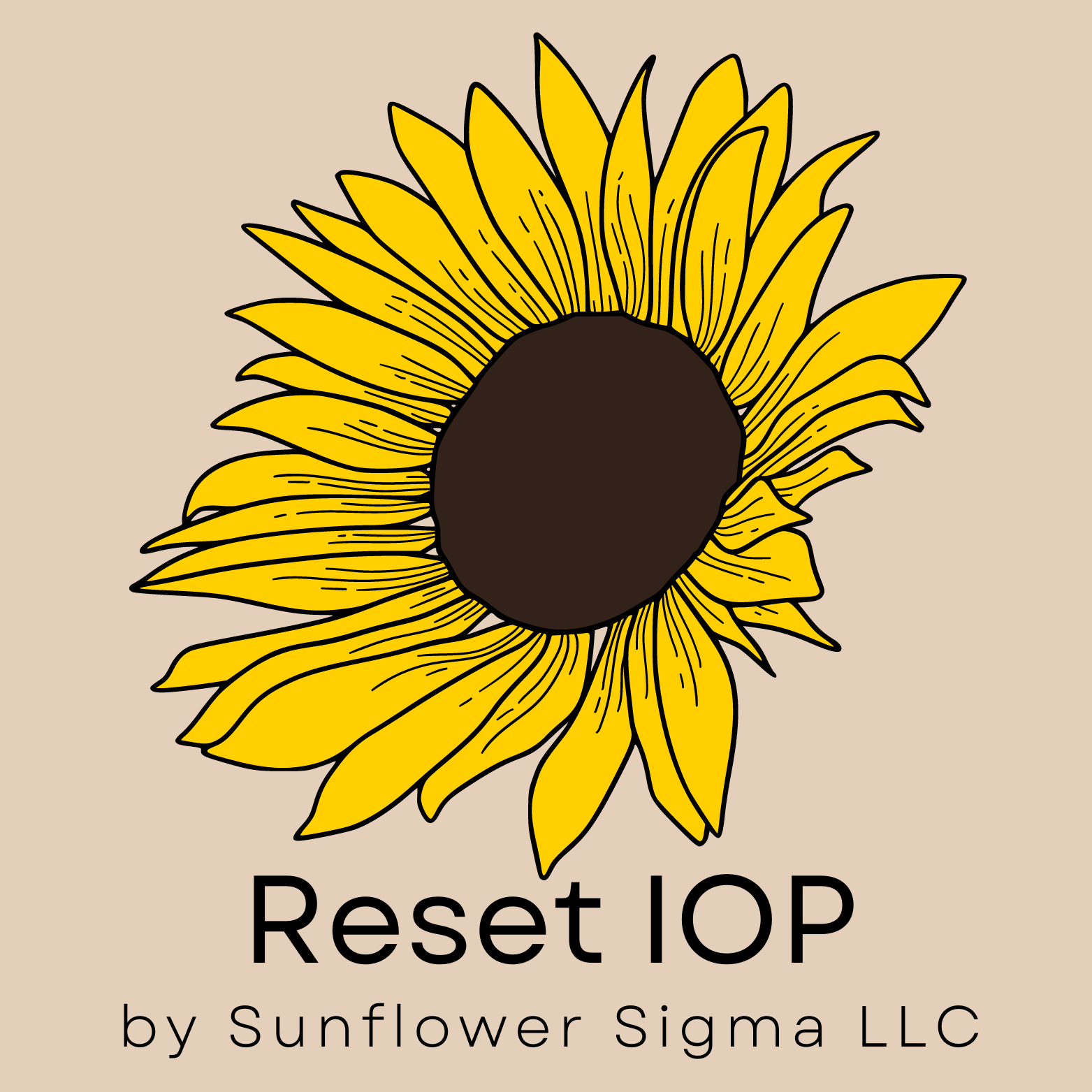Life is Full of Setbacks… Or Is It??

When you think of a setback, do you see an insurmountable barrier, or an opportunity?
Oftentimes, challenges that arise in our life can cause us to veer off of the path we were going on. This can be a relatively mild inconvenience, like when you forget to press “start” on the oven timer and the lasagna gets burnt to a crisp. Do you see this as a disaster? Do you think, “of course I messed it up, like always?” Or maybe, go into a panic, thinking “we’ll starve if there is no lasagna!” Or do you see it as an opportunity? Something like, “oh crap, I screwed up the lasagna… Well, now we can try that new Thai takeout down the street!” Sure, you may feel bummed out, annoyed at yourself, or sad because you really wanted lasagna, but the difference is whether you allow these feelings to continue and manifest into something deeper, or if you learn to accept the situation, shrug it off, and move on.
This may be a silly example, but the underlying message rings true. Fact 1: The lasagna is inedible. Fact 2: You cannot un-burn said lasagna. Fact 3: Your reaction to the burnt lasagna will determine how the rest of your evening goes. Will you be angry, frustrated, or disappointed for the next several hours, or will you realize that stuff just happens sometimes, get your (equally delicious) Thai food, and order an automatic kitchen timer on Amazon while slurping noodles?
You are “allowed” to be upset about the dinner path changing, but the difference is asking yourself what those feelings actually do for you? The
facts
are the same,
regardless
of your feelings about them. 90% of the time, a challenge or mistake in life unfortunately cannot be undone. The only control we have over the situation after the fact is how we react to it and move forward. Whether a small problem or a life-changing occurrence, the shift in mindset–or “reframing”–of these situations can have a huge impact on our wellbeing.
I’m sure you’ve heard the statistics about stress leading to heart disease, high blood pressure, chronic fatigue, etc. But have you heard that other studies have shown stress to have a
positive
impact on us? The key difference is how we think about, or frame, stress in our lives. Those who believe stress is negative & harmful, will show signs of harm. However, those who frame stress as positive, i.e. as a motivator, a survival tool, etc., actually show positive health characteristics such as increased focus, increased blood flow, and the release of endurance hormones. As with most things in life, too much of something can have negative effects. The same rings true with chronic stress, but having the understanding that temporary stress is not inherently harmful can literally change the way your body reacts to it, and therefore not cause additional stress just from being stressed! Got it??
Things that happen in our external lives are sometimes out of our control, but most of what goes on in our internal lives can be modified. For example, seeing the need for a new dinner option as a chance to try something different. This type of mindset is applicable in many everyday “stressful” situations; in traffic, we can be angry about the slow downs, or we can see an opportunity to listen to a new Spotify podcast or playlist. At a restaurant, we can be frustrated & impatient that the kitchen is backed up, or we can see an opportunity to spend extra time chatting with the family/friends that joined us. Either way, our attitude about the situation will likely not change what is happening, but what it
will
do is affect our physiological responses to the situation, and our mindset/mood both during and after the situation has passed.
Setbacks of any proportion, from small troubles like dinner & traffic, to life-altering challenges like a medical condition, have different impacts on our life. However, the mindset shift of “barrier” to “opportunity” rings consistent. Being angry at the world will not change a diagnosis; however, seeing a chance to become healthier & appreciate each day is life-changing in itself.
Remember this quote from Brian Tracy: “A comeback is always stronger than a setback.”
--Emily Hill, QMHP



